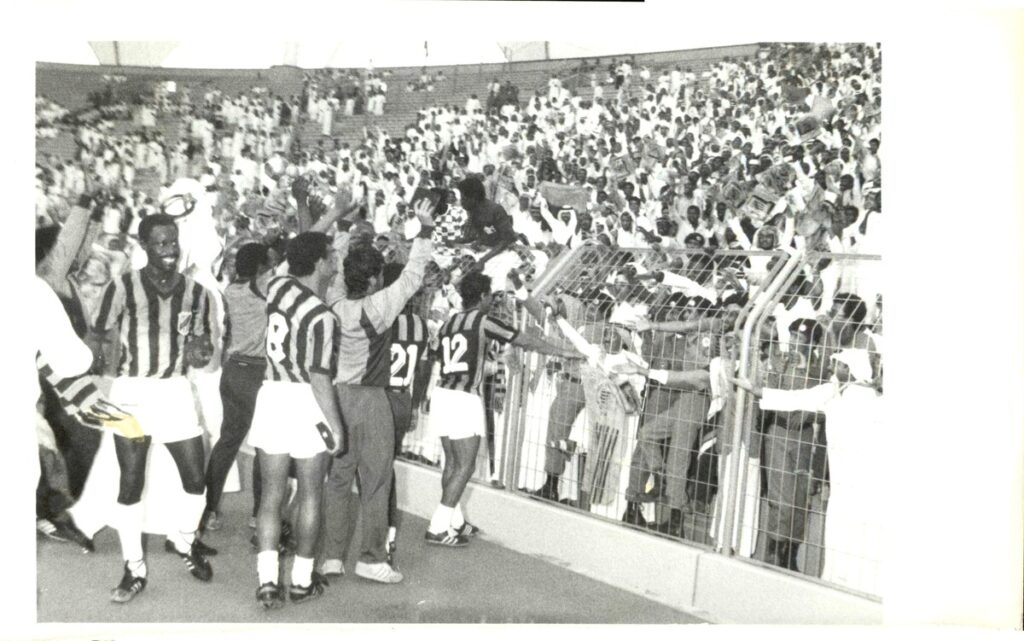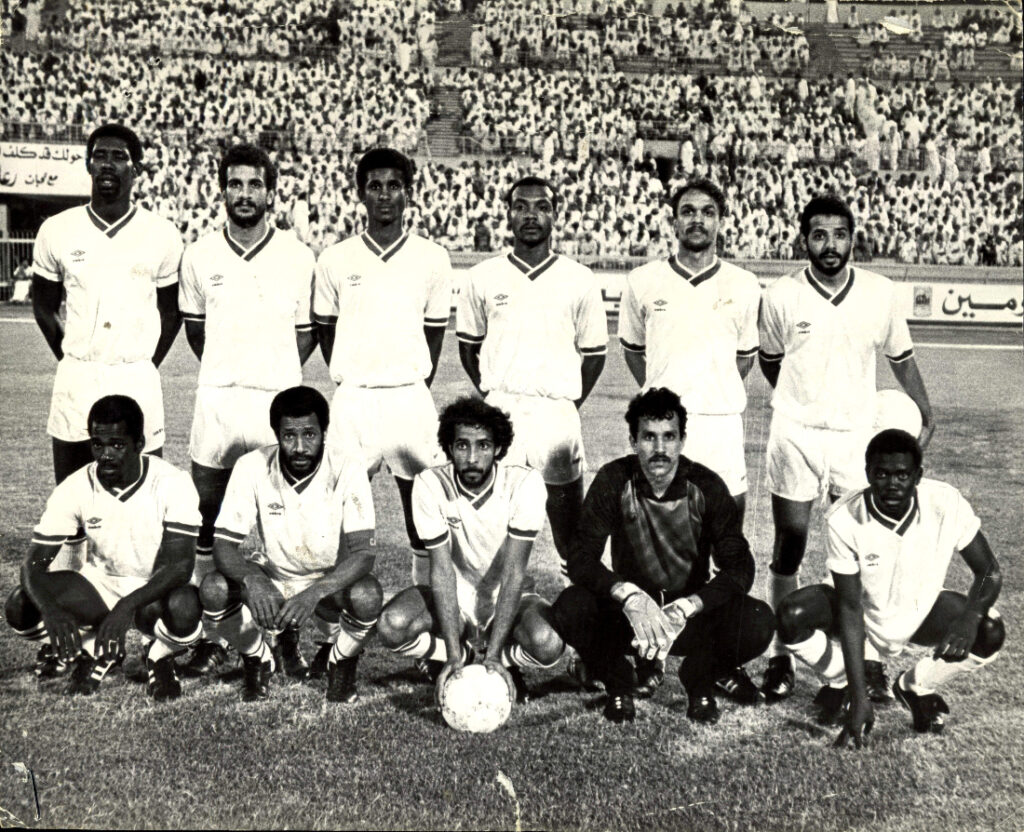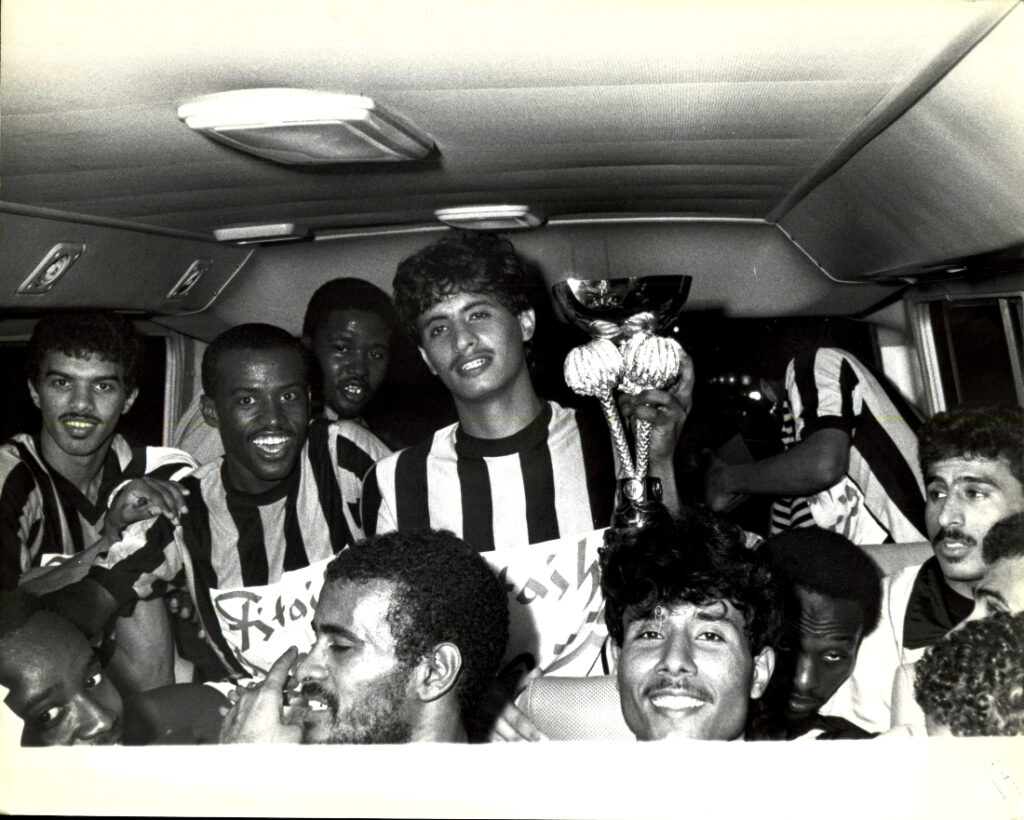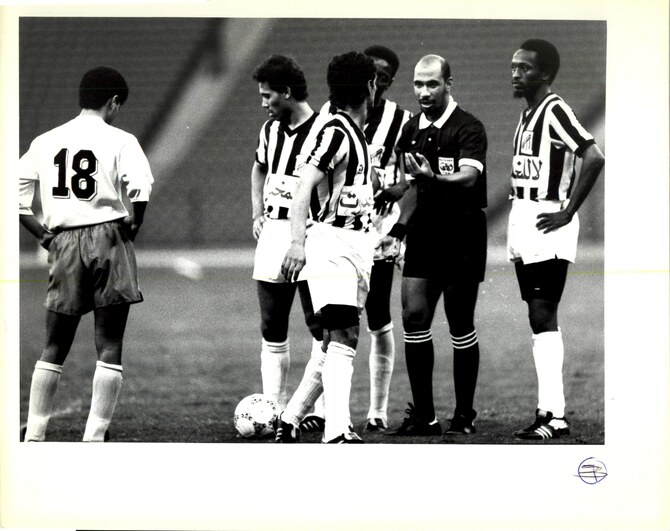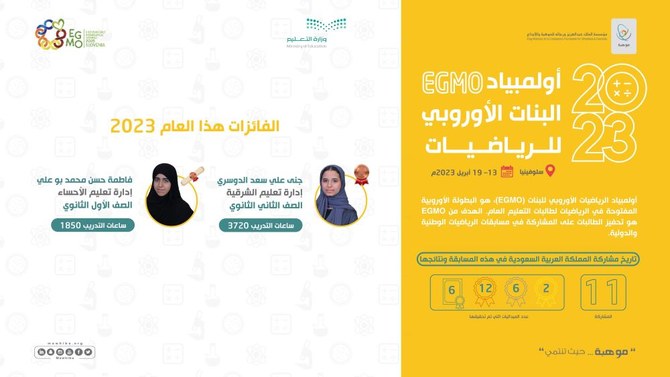The works consist of 19 volumes, encompassing the writings of the historian as well as his summaries and correspondences, shedding light on his time.
Prince Faisal bin Salman, chairman of the board of directors of the King Abdulaziz Foundation for Research and Archives, inaugurated the launch ceremony of the complete works of Saudi historian Ibrahim bin Saleh bin Issa on Wednesday at Darah headquarters.
These works consist of 19 volumes, encompassing the writings of the historian as well as his summaries and correspondences, shedding light on his time.
Speaking on behalf of his family Dr. Mohammed bin Abdulkarim Al-Issa, secretary-general of the Muslim World League, expressed the family’s gratitude and appreciation to Darah (the foundation) for this honor, which celebrates their ancestor’s scholarly legacy.
He said that the publication documents the historian’s long academic journey, characterized by precision and objectivity in various scientific fields.
He also expressed the family’s pride that this work will serve as an important reference for researchers and those interested in Saudi history and culture.
Furthermore, he praised the tremendous efforts made by Darah in realizing this monumental project, noting that this recognition reflects the significance of knowledge in strengthening national identity.
The work on the project took several years and went through numerous stages, involving a team of about 20 people, said Dr. Fahd Al-Samari, secretary-general of Darah.
Al-Samari told Arab News: “The project followed a clear methodology, where we gathered as much of the heritage of historian Ibrahim bin Issa as possible and conducted a thorough investigation.”
Given the project’s scale and the diversity of fields covered, which include religious, historical, linguistic and geographical arts, several specialized committees were formed for the project, including the supervisory committee, the text editing and verification committee, and the manuscript and document collection committee, Al-Samari added.
Bin Issa relied on more than 700 sources for his work, including 570 manuscripts and documents from across the Kingdom, while the remaining sources were distributed between Kuwait, Egypt, Iraq, and the US.
Bin Issa was born in 1854 in Ushaiger town, 200 kilometers northwest of Riyadh, and lived for about 71 years. He was a scholar, historian and genealogist, and one of the most prominent historians of the Najd region.
Al-Samari pointed out that Darah was established to fulfill a noble mission, which is to serve the history of Saudi Arabia, its geography, and its intellectual literature, as well as to collect various historical sources, including documents related to the Kingdom, classify them, and enrich the historical library with scientific research.
Darah has devoted special attention to the prominent figures of the Kingdom, honoring their rights, highlighting achievements, celebrating contributions, appreciating efforts, and acknowledging their glory.
“Since establishment, Saudi Arabia has sought to make knowledge the foundation for building the state. Under the leadership of King Salman and Crown Prince Mohammed bin Salman, the Kingdom has witnessed a comprehensive renaissance in all fields, with the most significant being in the areas of national heritage,” Al-Samari concluded.
source/content: arabnews.com (headline edited)
_________
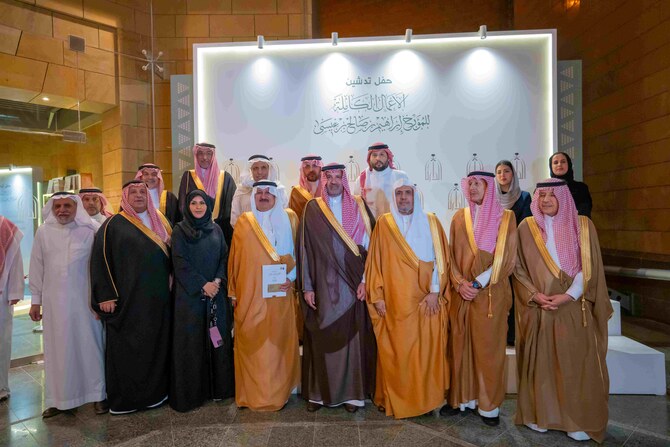
__________________
SAUDI ARABIA
